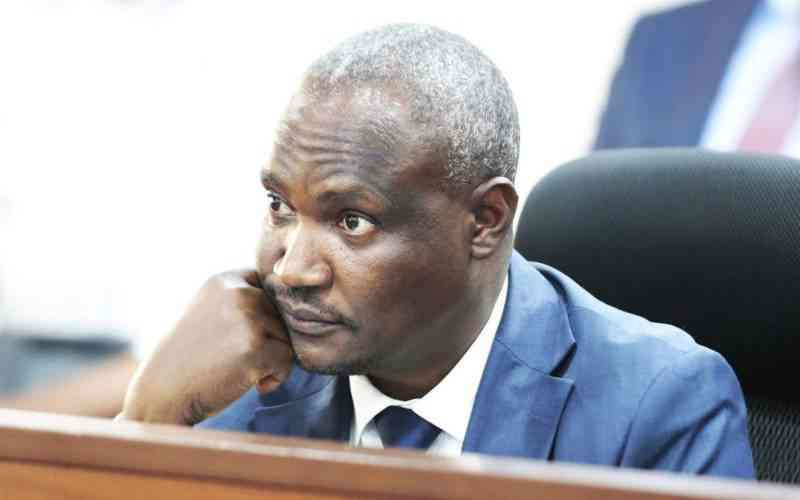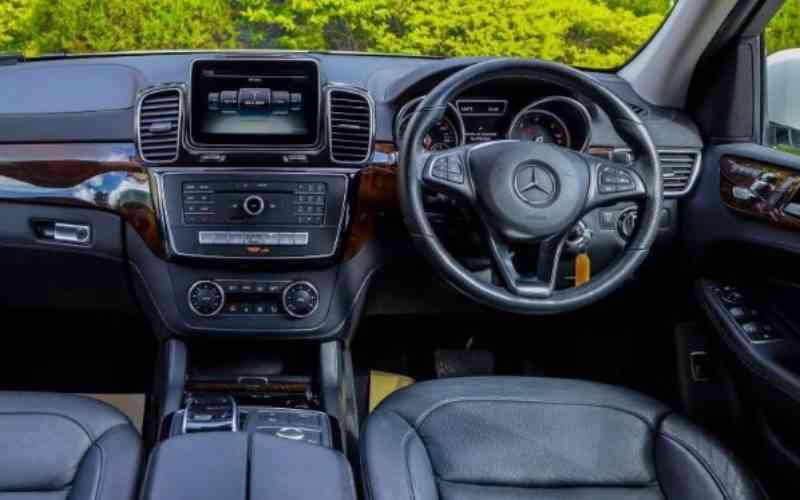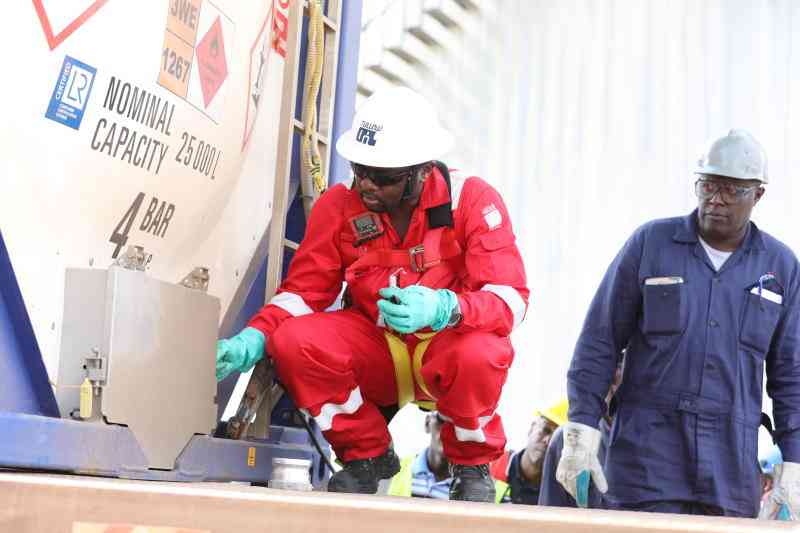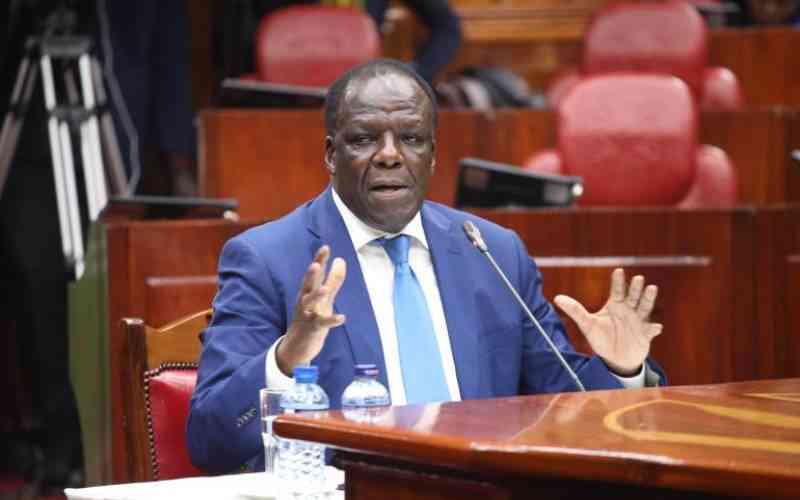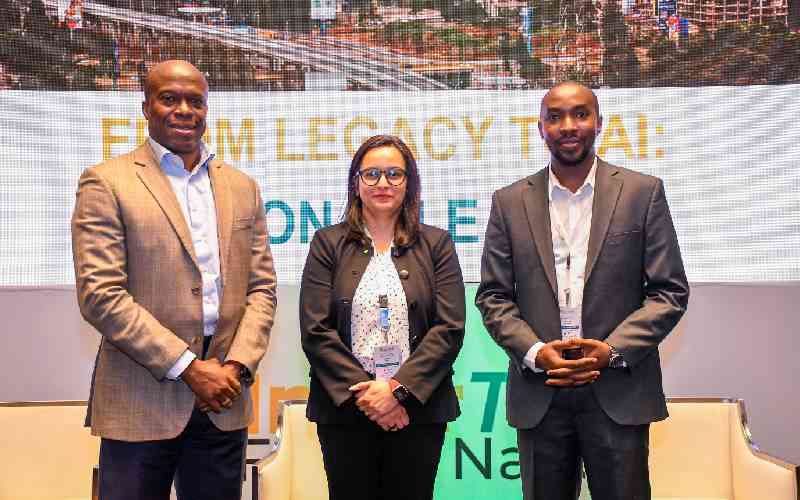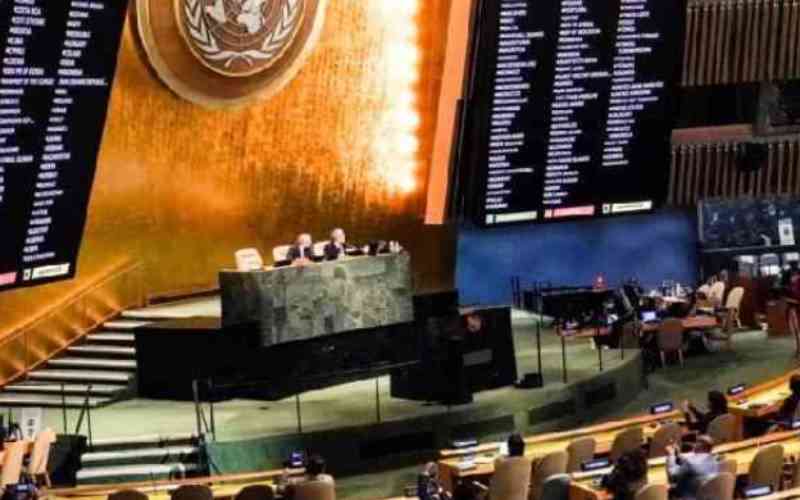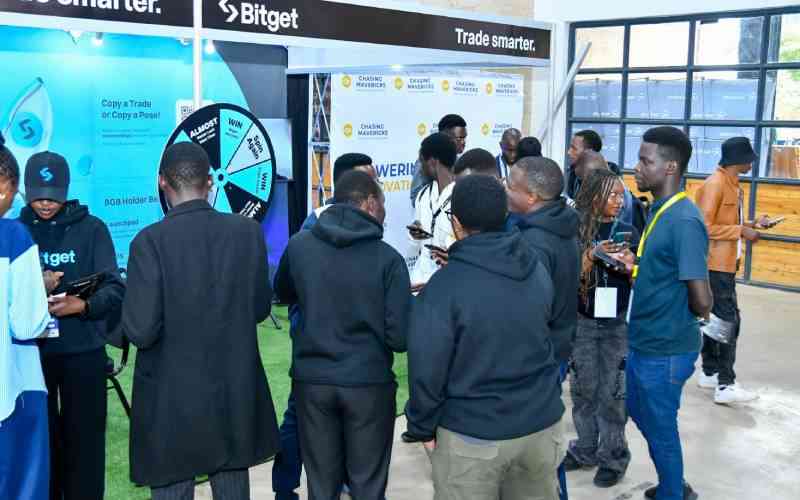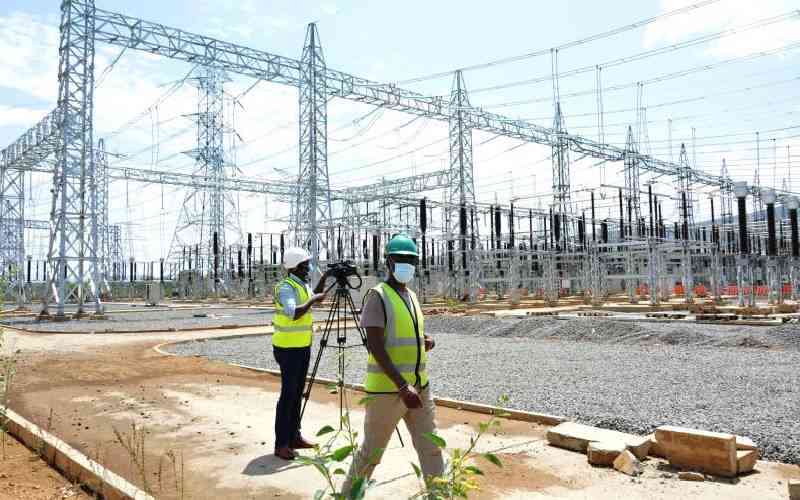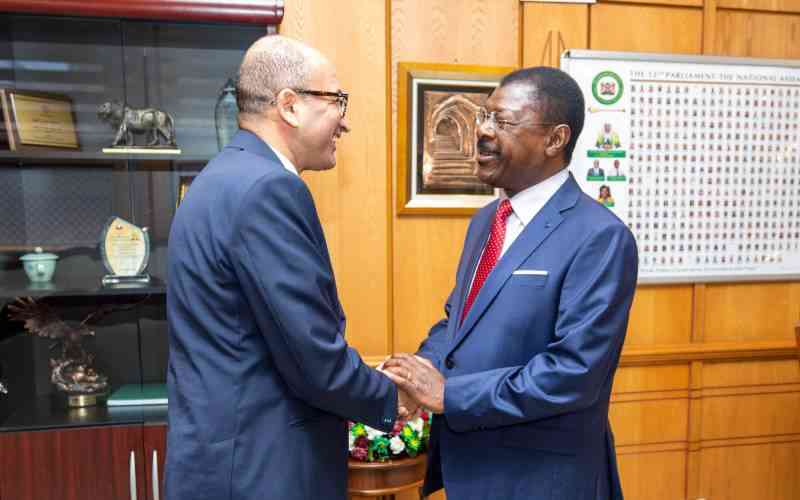
National Assembly Speaker Moses Wetang’ula has urged Egypt to embrace inclusive dialogue in resolving its long-standing dispute with Ethiopia over the use of the Nile Basin
waters.
Wetang’ula warn that unilateral actions could destabilize the Horn of Africa.
Speaking on Wednesday after meeting Egyptian Ambassador Hatem Yousri Hosni in Nairobi, Wetang’ula stressed that the dispute over the Grand Ethiopian Renaissance Dam
(GERD) can only be resolved through consensus, mutual respect, and the involvement of all stakeholders.
“We have no problem with you, Egypt, nor with our neighbors in Ethiopia. In fact, we are beneficiaries of the Renaissance Dam since we import electricity from them,” Wetang’ula
said. “And as my President recently said, if you, Egypt, have any concerns about the Nile, do not focus solely on Ethiopia. Call everyone to the table, and together we can help
resolve the issues.”
The Speaker emphasized that water, as a shared resource, should unite rather than divide nations, insisting that “dialogue offers the only sustainable solution to the decades-long
impasse.”
Wetang’ula underlined that Kenya contributes significantly to the Nile through Lake Victoria and has a responsibility to advocate for fair solutions. He assured Egypt that Nairobi is
ready to play a mediatory role, noting:
“Africa has had too many conflicts, and we do not want new ones. We must resolve our issues peacefully. A peaceful and cooperative approach to the Nile issue will not only
safeguard livelihoods but also serve as a model for resolving resource-based disputes across Africa,” he stated.
He reiterated Kenya’s position that African nations must resolve their disputes within continental frameworks such as the African Union.
Stay informed. Subscribe to our newsletter
Egypt has long feared that Ethiopia’s massive dam on the Blue Nile will reduce downstream water flow, threatening its agricultural lifeline and domestic supply.
Ethiopia, however, insists that the GERD is critical for its economic growth and energy security. Sudan remains caught in the middle, sharing both risks and potential benefits.
Ambassador Hosni expressed Egypt’s deep frustrations, accusing Ethiopia of violating international law by unilaterally proceeding with the dam’s construction and filling.
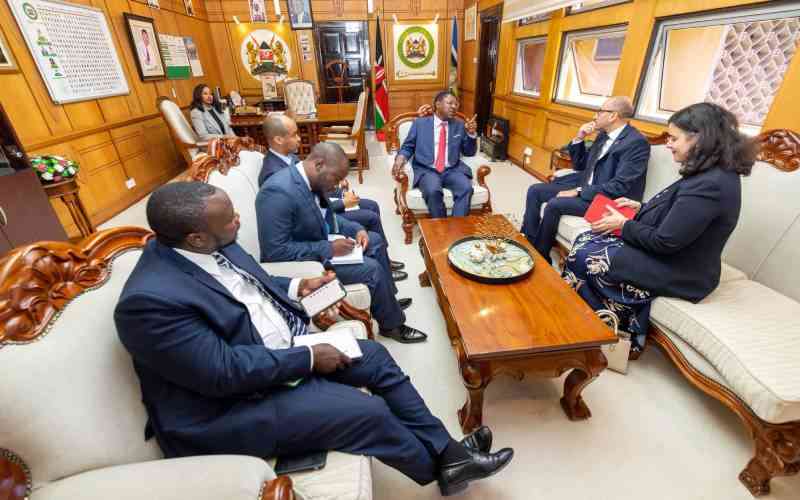
He recalled how negotiations, including those mediated in Washington under former U.S. President Donald Trump, collapsed after Ethiopia failed to sign a binding treaty.
“At the very last moment, Ethiopia failed to show up. They were simply buying time to complete the construction of the dam,” Hosni said.
He added that Egypt has sought for over a decade to secure a treaty that guarantees its rights while allowing equitable use of the Nile waters.
Hosni also voiced disappointment that Kenya participated in the high-level launch of the dam, saying:
“We were frustrated that Kenya was represented at that event. No other country from the Basin was present. But despite this, we continue to regard Kenya as a genuine and trusted
friend,” Hosni stated.
The ambassador stressed that the Nile remains “an existential part of our life,” adding: “This is an eternal bond that we must preserve, not fight over. We should cooperate on it. As
Kenyans give us the water to live, we are willing to give back through electricity, healthcare, and social projects,” he said.
